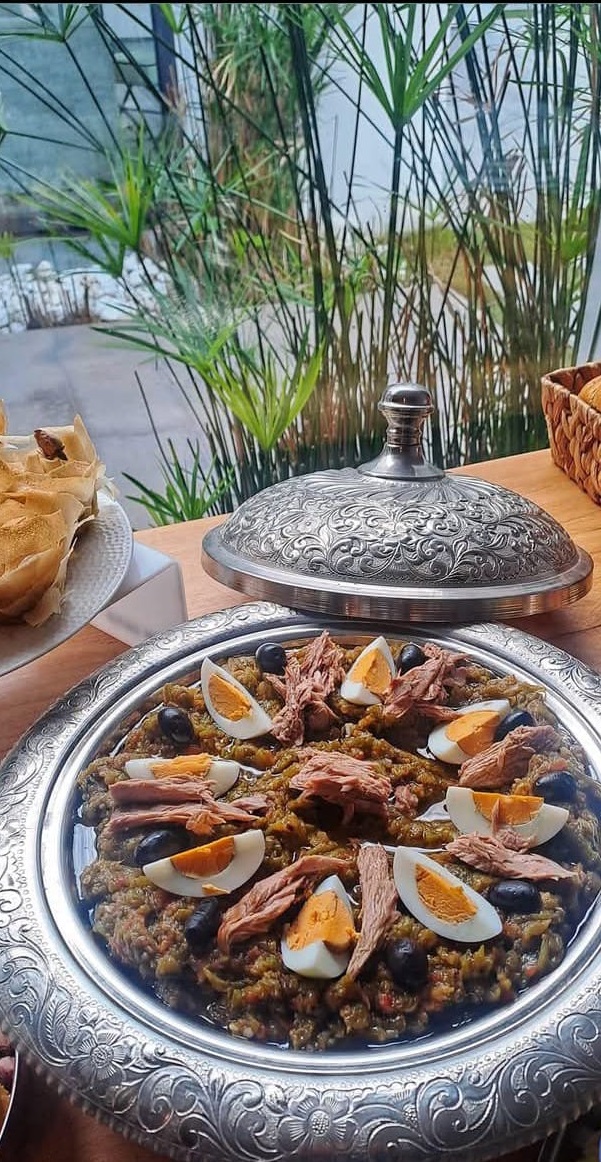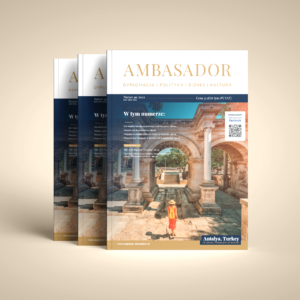Tunisian cuisine is a true mosaic of flavours, the result of centuries of cultural influences. It blends the influences of Berber, Roman, Arab and French cultures. It is characterised by the richness of aromatic spices, the intensity of flavours and the use of local ingredients such as olive oil, vegetables, meat and seafood. It is dominated by dishes based on couscous, olives and fresh vegetables.
Couscous is one of the main ingredients of Tunisian cuisine. Because of its popularity, it is often called the king of the Tunisian table. Another typical product of this Mediterranean cuisine is semolina, a basic ingredient in many dishes and present in almost every home. This porridge is usually served with lamb, vegetables and seafood, resulting in a wide variety of tasty dishes. Its popularity has earned it the status of a national symbol, and its preparation is a true art passed down from generation to generation.
In addition to groats, other products such as traditional breads and pasta play an important role in Tunisian cuisine. One example is tabouna, a type of bread baked in a clay oven. A popular accompaniment to many dishes, its crispy crust and soft flesh go perfectly with olive oil or aromatic honey.
Lorem ipsum dolor sit amet, consectetur adipiscing elit, sed do eiusmod tempor incididunt ut labore et dolore magna aliqua. Tellus in metus vulputate eu scelerisque felis imperdiet proin. Non blandit massa enim nec dui nunc mattis enim. Vestibulum rhoncus est pellentesque elit ullamcorper dignissim. Nulla porttitor massa id neque aliquam vestibulum. Odio euismod lacinia at quis risus sed vulputate odio. Laoreet sit amet cursus sit amet dictum. Elementum curabitur vitae nunc sed velit dignissim. Pulvinar elementum integer enim neque volutpat ac tincidunt vitae. Elementum integer enim neque volutpat ac tincidunt vitae semper quis. Leo vel orci porta non.


